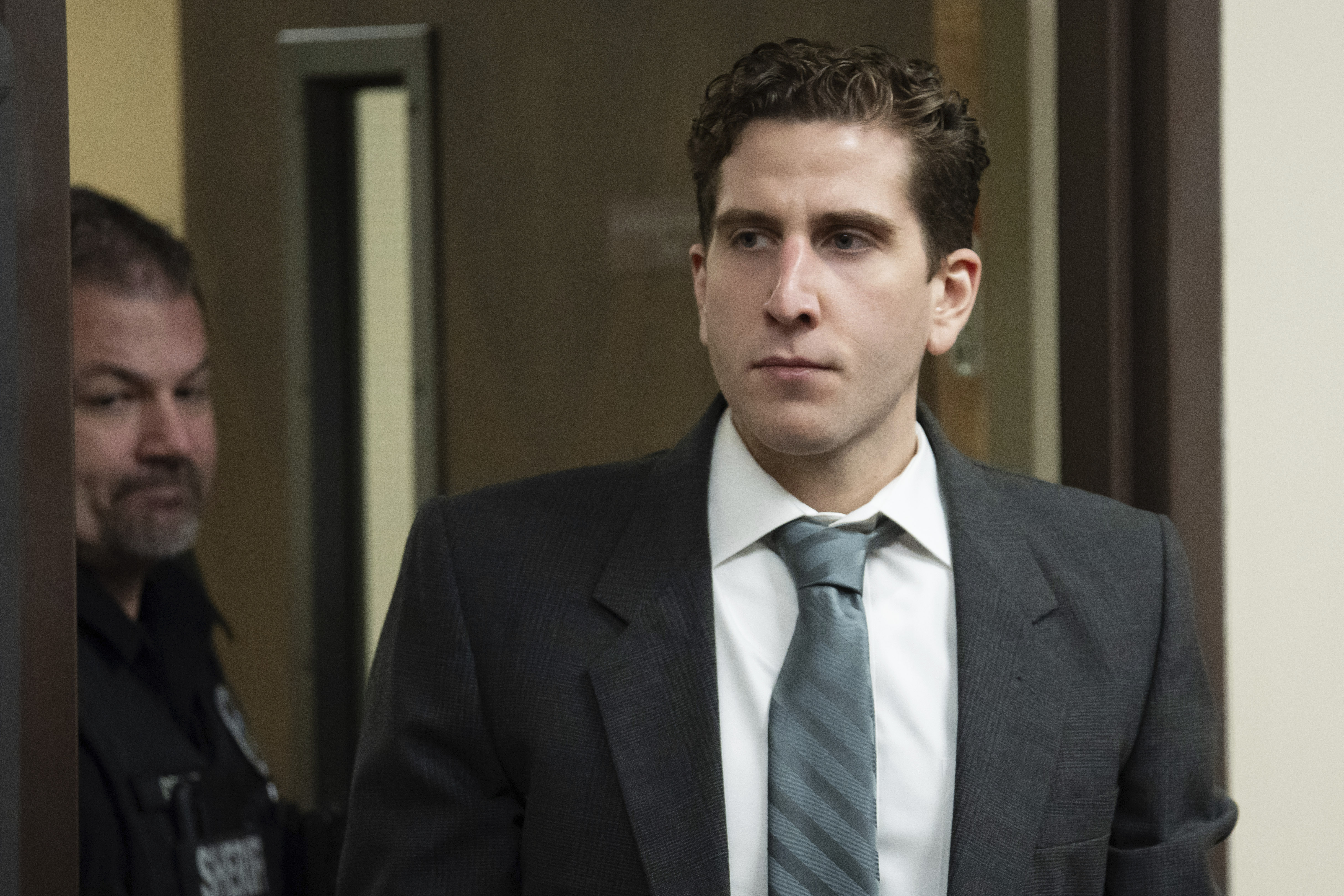Missouri can execute an inmate who argued his rare medical condition will result in severe pain if he is put to death by lethal injection, the Supreme Court ruled Monday.
The justices split along ideological lines in ruling 5-4 against inmate Russell Bucklew, who is on death row for a 1996 murder.
The court's five conservative justices rejected Bucklew's argument that subjecting him to lethal injection would violate the Constitution's ban on cruel and unusual punishment. He said a tumor in his throat is likely to burst during the execution, causing him to choke on his own blood.
"Today we bring this case to a close at last because we agree with the courts below that Mr. Bucklew's claim isn't supported by either the law or the evidence," Justice Neil Gorsuch said in summarizing his majority opinion from the bench.
Bucklew — who has a medical condition that causes blood-filled tumors to grow in his head, neck and throat — was up against Supreme Court precedent in trying to get the justices to agree with him. The court has previously ruled that inmates challenging the method a state plans to use to execute them have to show that there's an alternative that is likely to be less painful.
Bucklew proposed that Missouri execute him by having him breathe pure nitrogen gas through a mask instead of by injecting him with a lethal dose of pentobarbital. Missouri countered that no state has ever carried out an execution as Bucklew suggested, calling his proposal vague and untested.
Gorsuch wrote that Bucklew had "failed present any evidence" that his alternative method of execution "would significantly reduce his risk of pain." Moreover, Bucklew had not shown that Missouri could readily implement his suggestion, wrote Gorsuch.
U.S. & World
In a dissent for the court's four liberal justices, Justice Stephen Breyer wrote that his colleagues acknowledged that the Constitution's Eighth Amendment prohibits states from executing prisoners by "horrid modes of torture" such as burning at the stake.
"But the majority's decision permits a state to execute a prisoner who suffers from a medical condition that would render his execution no less painful," he wrote.
Breyer wrote that he didn't believe Bucklew was required to identify an alternative means of execution because the inmate was challenging Missouri's method only as it applies to him. And even assuming he was required to do so, Breyer said, Bucklew did satisfy that requirement.
The five justices ruling against Bucklew included Justice Brett Kavanaugh, whose vote was seen as pivotal to the outcome of the case. That's because last year his eight current colleagues split 4 to 4 over whether to allow Bucklew's execution to proceed. Justice Anthony Kennedy provided the fifth vote to spare Bucklew. Kavanaugh replaced Kennedy, who retired in July.
Kavanaugh wrote a 2-page opinion agreeing with his conservative colleagues. He noted that an inmate challenging the way a state plans to carry out the death penalty isn't limited to proposing an alternate method of execution authorized under that state's law. Kavanaugh wrote that he wanted to emphasize the majority's conclusion that: "we see little likelihood that an inmate facing a serious risk of pain will be unable to identify an available alternative."
Bucklew is on death row for the 1996 murder of Michael Sanders, who was living with Bucklew's former girlfriend. After entering a trailer where the two were living with their children, Bucklew fatally shot Sanders and later raped his former girlfriend. Bucklew was arrested after a car chase and shootout with police.
Chris Nuelle, a spokesman for the Missouri Attorney General's Office, said in a statement that Monday's ruling put the state and Bucklew's victims "one step closer to justice." An attorney for Bucklew didn't immediately respond to a request for comment following the ruling.
The case is 17-8151, Bucklew v. Precythe.



